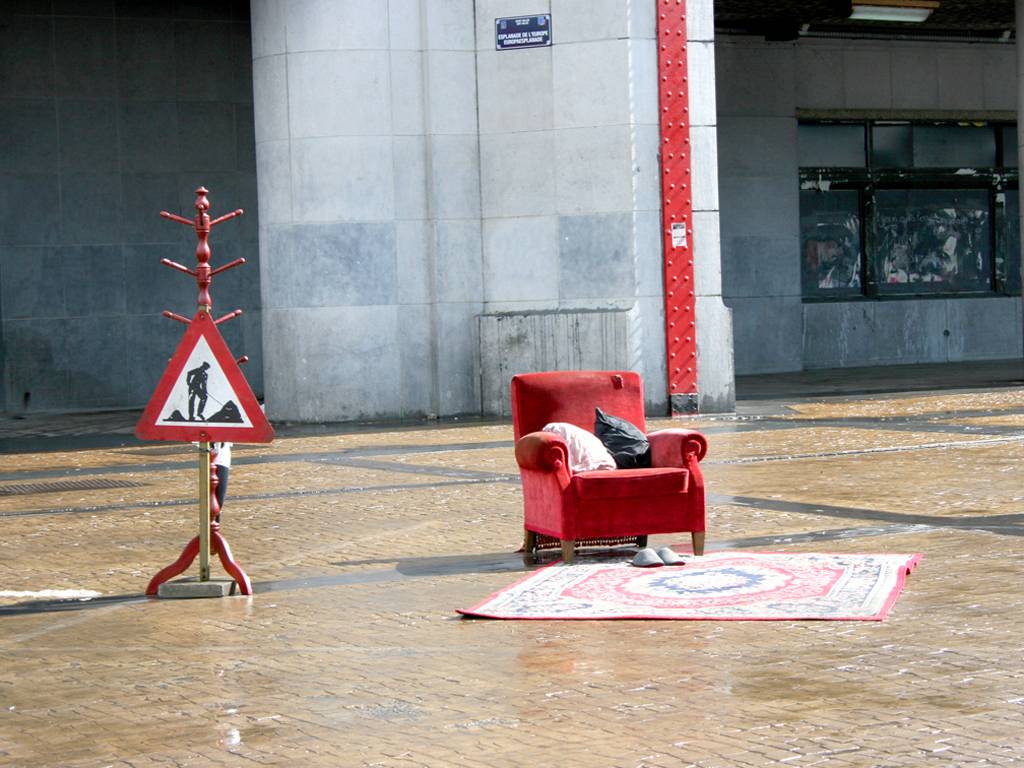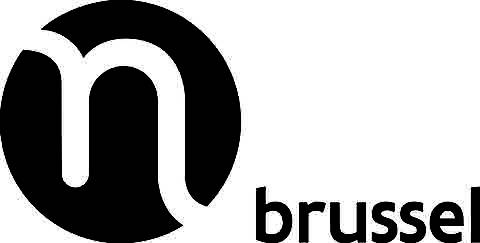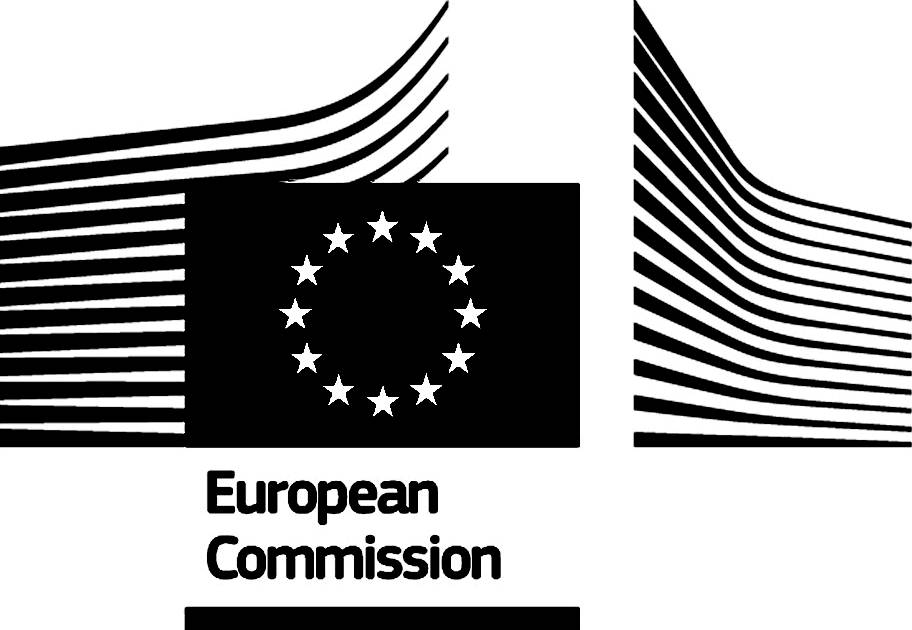City Mine(d) operates at the nexus of architecture, urban development and urban activism.

Purpose
Since its creation, City Mine(d) blends innovative design with change towards a more sustainable and fair city in an inclusive and open way. In recent years City Mine(d) put in place a bottom-up approach to urban development. Its trajectories on concrete sustainability topics in a specific neighbourhood can run up to 5 years. They aims at bringing citizens together within their community, among communities, and between citizens and the different institutions that shape the city. In doing so it strengthens voices that often remain unrepresented in the public debate.
Approach
Since 2010 City Mine(d) focusses on longer-term processes that combine local with sustainable development. It looks at global topics, like Employment - Micronomics, Water - Friche Eggevoort or Electricity - La Pile, assesses their local impact, but more importantly together with local residents searches for the agency citizens can obtain in these topics.
Though very dependent on local contexts, and first and foremost guided by a local community, the processes, which City Mine(d) refers to as trajectories, show certain common features. Trajectories consist of a preparatory phase, a phase in which the prototype of an object or organisation is realised, a phase that forms a coalition around this prototype, a phase that enables this group to self-organise, and a final follow up phase.
City Mine(d) refers to these steps as its approach, and though far from an executable programme, over the past decade it has provided local groups with some footing in processes that are notoriously vague and uncertain.
History
City Mine(d) was founded in Brussels in 1997. After campaigns like Sense Unique, a group of individuals with backgrounds in environmental, peace and third world movements, and rooted in direct action as well as in the arts, decided to formalise their activities. With governing principles of horizontal decision-making, anti-authoritarianism and self-organisation, they set up a production house and support point to promote the work of like-minded artists and activists, and to challenge a status quo in urban development by which certain popular neighbourhoods in Brussels were all but abandoned.
After five years, and with recognition from the Flemish Government’s "Thuis in de Stad Award" for urban renewal (2002), and a nomination for the prestigious "Sikkens Award" (2003), City Mine(d) expanded its activities to London, Barcelona, and Milan. Its approach was lauded by the Flemish Government (2011, 2014), recognised as a good practice by the European Commission (2012) and published in academic journals, architecture magazines, and wider media.
Annual reports:
- City Mine(d) 2024 - Dutch
Annex 1: Portfolio - Dutch
Annex 2: Undusting Previous Work - English&Dutch
Annex 3: Shared Spaces
Annex 4: Flight Path for a Design Practice - City Mine(d) 2023 - Dutch
- City Mine(d) 2022 - Dutch - French
Things we think & write about
Over the years, we have written and published quite a few texts around these topics (head-scratchers).
We keep the list and links up to date here.
- Skills & Work
- Participation & Cocreation
- Prototyping & System Change
- Complexity Mapping
- Smart City
Project websites
La Pile Producing and using electricity at human scale? 5 years of experimenting in Brussels neighbourhoods. [2018-24]
Euler Economy & skills - Building social competence from local knowledge [2015>17]
Pacco-test A prototyping process: understanding the quality of surface water in urban areas. [2015>17]
ProperWater|EauPropre [2011>17] A journey from digging for water to drinking rain, a sharing of insights & practical knowledge 1/ about filtering water, as well as 2/ objects available to use: the "ProperWaterPavilion", the "Pacco-test" or the "City Mine(d) TAP" & 3/ about the crucial role of social relations in interventions in public space.
Small initiatives in the European Neighbourhood : water, the city, the landscape, the people and the Eggevoort Garden - Collectif PUM. [2011>17]
Micronomics the economy upside down: urban micro-initiatives. [2006>10] :
- Boundary market > MicroMarchéMidi [2006>09]
- Waffle Bank: skills investment bank [2008-09]
- Micronomics Festivals [2006, 2008, 2009]
- Urban Platform [2010]
Generalized Empowerment Uneven Development and Urban Interventions [2006]
Tripolis Urban interventions in disused spaces as an opportunity for a new, more inclusive type of ownership [2005>06]
Precare emerged from a tradition of occupying vacant buildings for temporary use. It operated as an intermediator between property-owners of temporary vacant premises and artistic or social initiatives in need of workspace [1999>2010]
MapRAC La Cité Administrative en cartes et en question | Plannen voor het RijksAdministratief Centrum [2003>04]
PleinOpenAir [1997>2004]
Contact
General: jim@citymined.org - sofie@citymined.org
Related to Palette: logicienne@citymined.org
Related to La Pile: elec@citymined.org
Studio:
Atelier Emile
525 avenue Van Volxem
1190 Brussels
Belgium
0032 2 779 59 00
0032 485 188 331
Postal Address:
City Mine(d) vzw
Place du Samedi 13
1000 Brussels
Belgium
Partners



Testimonials
Highlighting problems inherent in existing spatial structures is the key aim of City Mine(d).
Spatial Agency other ways of doing architecture, Awan/Schneider/Till
It is about connecting different public spaces and getting people to communicate
BBC News website
Alors que dans le monde entier, les bases de l’économie ont été profondément ébranlées, City Mine(d) a pu non seulement insuffler un vent d’optimisme face aux dificultés mais également apporter des solutions réelles combinant esprit d’entreprise, responsabilité sociale et developpement durable.
Viviane Reding Vice-présidente de la Commission Européenne
City Mine(d) slaagt er in een nieuwe vorm van stedelijkheid te realiseren, met duidelijke en tastbare resultaten, met aandacht voor alle bevolkingslagen, en met een sterke band met verschillende overheden
Jury Thuis in de Stad 2014
City Mine(d) es proposa recuperar aquest espai com una cuina urbana emergent oberta a tot tipus d’iniciatives que retornin l’espai públic als habitants de la ciutat.
Quaderns de architectura
Website by Variable